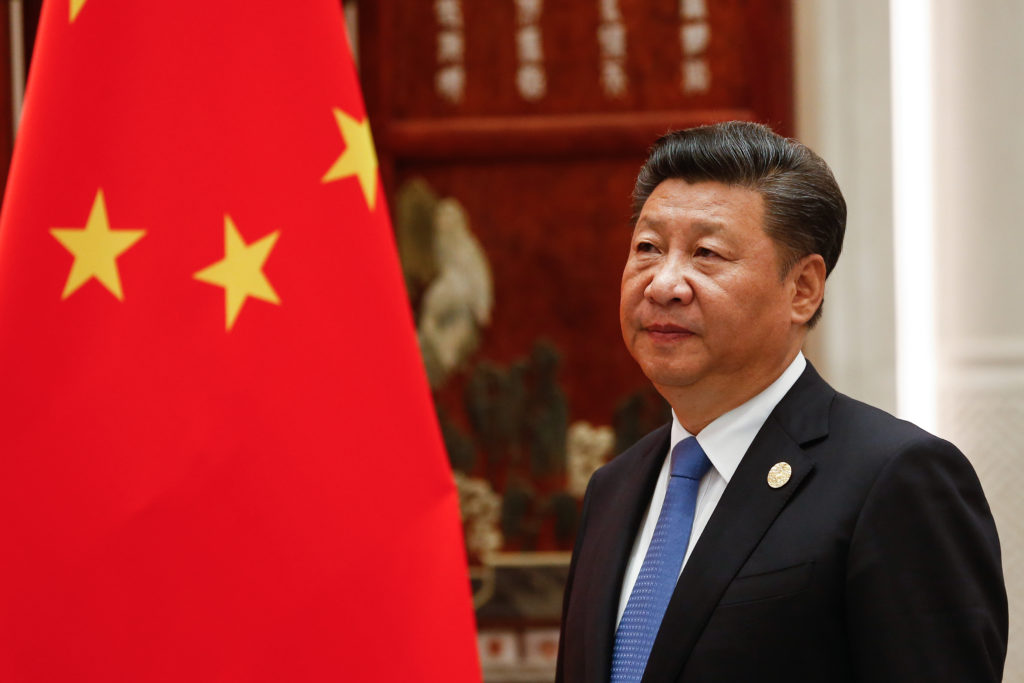
Published November 18, 2021
For anyone who thought that fears of China invading Taiwan are overblown, think again. Chinese President Xi Jinping’s rise as the paramount figure within the Communist pantheon suggests he has greater ambitions than his recent predecessors.
Communist China has a relatively consistent pattern with respect to military activity. It has fought other nations to prevent the United States from establishing a presence on its border (the Korean War) or to exercise its influence with neighbors, such as with its short conflicts with India and Vietnam. It has yet to risk conflict with a power far from its borders or in a region that another nation considers essential to its national security. This suggests an invasion of Taiwan is highly unlikely despite China’s military buildup and increasingly provocative action.
But this analysis presumes that China’s traditional governing structure and principles remain largely unchanged. It presumes that the Communist Party will act as it has for decades — slowly, steadily and with its predominant concern being the collective whole rather than individual glory. This patient, nonthreatening style was the party’s leitmotif after the death of Mao Zedong. The internal purges, turmoil and famine his personalist rule created caused subsequent Chinese Communists to make alliances to prevent a second Mao coming to power.
Click here to read the rest of this piece at the Washington Post’s website.
Henry Olsen is a Washington Post columnist and a senior fellow at the Ethics and Public Policy Center.
Henry Olsen, a senior fellow at the Ethics and Public Policy Center, studies and provides commentary on American politics. His work focuses on how America’s political order is being upended by populist challenges, from the left and the right. He also studies populism’s impact in other democracies in the developed world.








